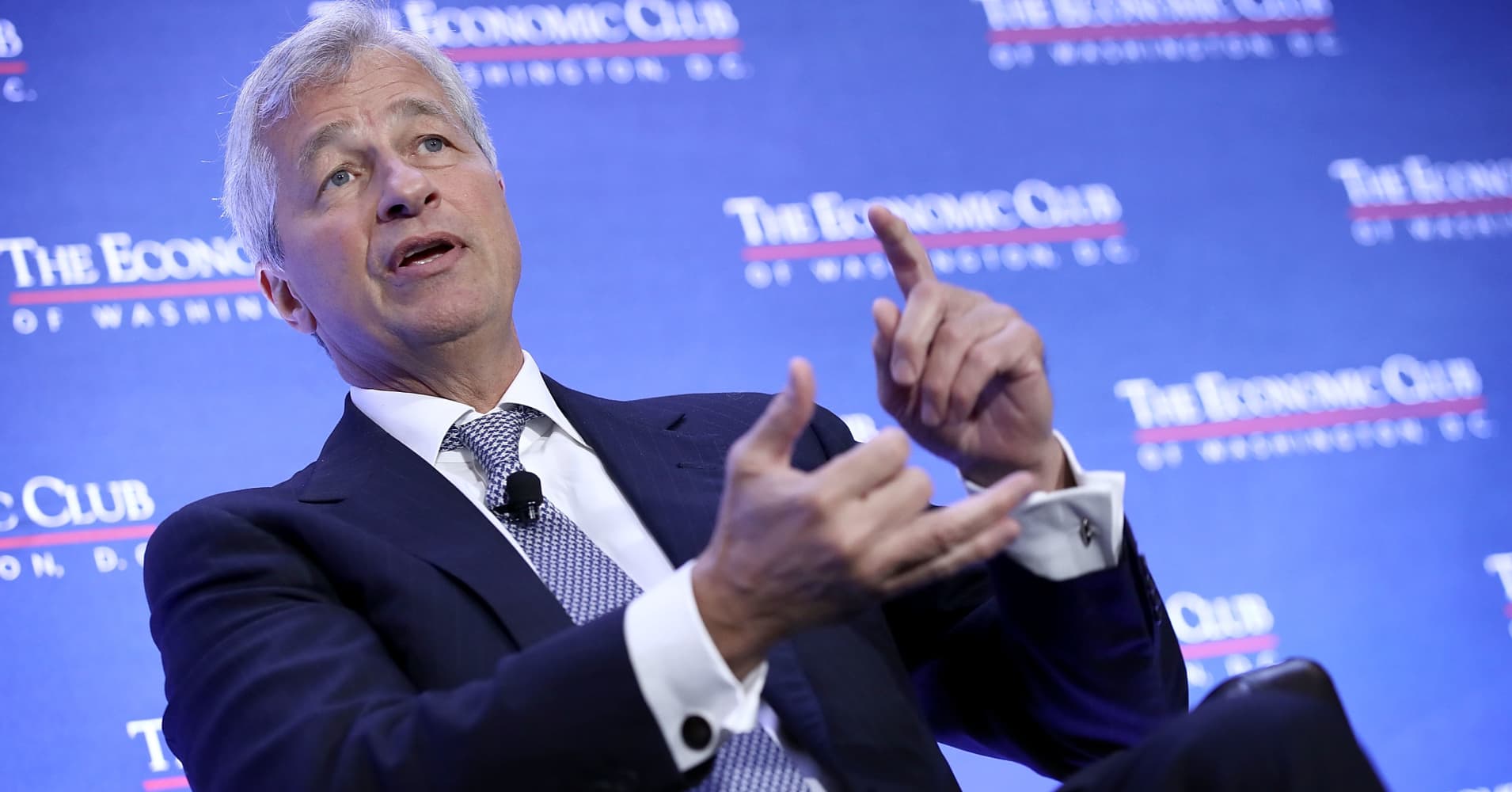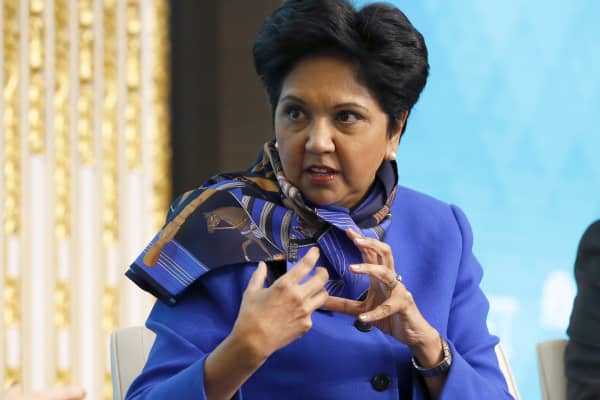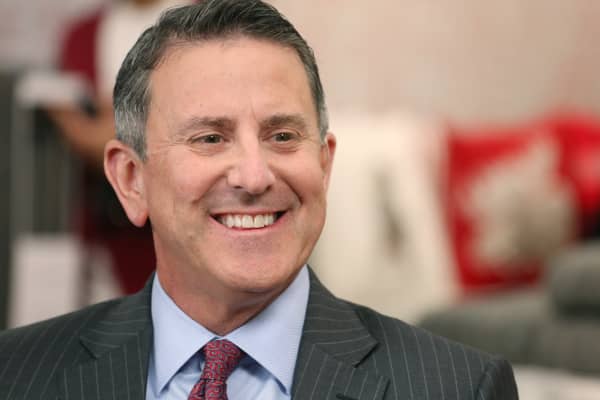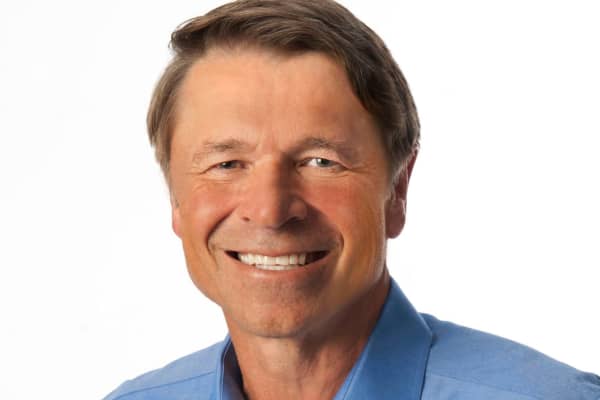Dimon faced a sweeping financial crisis that threatened his company and America as a whole. He was required to take lots of risks during that time and balance the risk between how it would impact JPMorgan Chase and America. Talk about pressure!
When faced with this adversity, "what I tried to do was make sure the risk I took couldn't severely damage JPMorgan," Dimon told me. "When they asked us to do TARP, we didn't need TARP.
"I went to the board and said, 'We don't need this. And in fact, it's asymmetrically bad for us. There are nine companies; my view is there are a couple who need it and it will save them, but a bunch of us don't. But for the country, if you don't do all nine banks, it's kind of a subterfuge. You've gotta get all nine banks to do it so you're not pointing out who the weak ones are. If only the weak banks take it, that would tank them. For the country, it's the right thing to do.' ...
"The board discussed it, and I didn't fully understand how angry the world would get for this so-called bailout. The board was unanimous. If this is the right thing to do for the country at this moment of crisis, that's what you do."
Dimon learned some important lessons during this time. "You gotta have the process in place before the crisis," he told me. "You can't start a war without an army. We already had in place a rigorous, a disciplined, a very open, good reporting. The stuff you'd want to have to do it. ... I also stayed home a lot. I canceled a lot of trips. I was at my desk. I wanted anyone to be able to call me up or walk in my office and say, 'I have a problem.' All protocols were out the door."
Dimon was widely recognized for his leadership during the crisis. One of his proudest moments was how his team showed up when Bear Sterns was about to collapse. "I called on a Thursday at 10 p.m. at night a bunch of our leaders around the country: 'Bear Sterns may fail, and we are going to try to save it over the weekend.' We had hundreds of people who got dressed and went to work, hundreds. And the next night, thousands. And that's the story… The story to me was: Look what our people did when the going got tough."
Adversity became Dimon's advantage.







